2 October 2023: Bangkok – Over 500 representatives from the government, private sector, and civil society have joined forces to propose “4 Approaches to Accelerate Thailand’s Transition to a Low-Carbon Society” to the Prime Minister. The collective effort aims to achieve Net Zero by 2065 using the following strategies: 1) NDC Accelerator by involving collaboration to create the “Saraburi Sandbox,” Thailand’s first model city for low carbon emissions. This initiative is designed to stimulate the economy through green industries, sustainable agriculture, and eco-tourism;
2) Circular Economy Acceleration by making the circular economy a national agenda, generating economic value from recycled materials, focusing on three main industries: packaging, automotive, and construction; 3) Energy Transition by unlocking restrictions and liberalizing the production and trade of clean energy through grid modernization, developing battery storage technologies for clean energy, and promoting alternative energy sources; 4) Just Transition by supporting vulnerable groups to become self-reliant through knowledge, low-carbon technology, and access to green financial resources. These four proposals are geared towards steering the Thai economy towards a low-carbon model.
Roongrote Rangsiyopash, President & CEO of SCG, said, “We are currently entering a state of ‘Global Boiling,’ which is escalating rapidly and severely affecting every aspect of life worldwide, spanning the economy, society, and environment. In response, SCG has invited over 500 participants from the government, private sector, and civil society to brainstorm solutions to this crisis. These recommendations will be presented to the Prime Minister at the ESG Symposium 2023 on 5 October.”

Thammasak Sethaudom, Executive Vice President of SCG, stated, “All stakeholders are eager to witness integrated efforts to expand the Thai economy alongside achieving net-zero greenhouse gas emissions. Our goal is to make Thailand’s transition to a low-carbon society a tangible reality. We propose four collaborative strategies: 1) NDC Accelerator which involves collaboration to transform the ‘Saraburi Sandbox’—a city grappling with environmental challenges—into Thailand’s first low-carbon model city, driven by green industries, sustainable agriculture, and eco-tourism; 2) Circular Economy Acceleration by prioritizing the circular economy and making it a national agenda. At present, three industries serve as models: packaging, automotive, and construction. Elevating this to a national priority will inspire other industries to amplify their efforts, thus enhancing economic value; 3) Energy Transition to clean and sustainable energy, unlocking restrictions by moving away from fossil fuels to more readily available and convenient clean energy sources. This involves liberalizing clean electricity trading through grid modernization, bolstering investment in energy storage technologies, and supporting alternative energy sources, including hydrogen, biofuels, community waste, and energy crops; and 4) Just Transition by empowering everyone, particularly vulnerable groups, by increasing awareness, facilitating access to carbon-reducing technologies, and offering environmental financial sources. I am confident that if every sector collaborates based on these recommendations, the Thai economy will progress toward a low-carbon direction, ensuring environmental balance. This aligns with the philosophy of the Sufficiency Economy and the BCG economic model.”
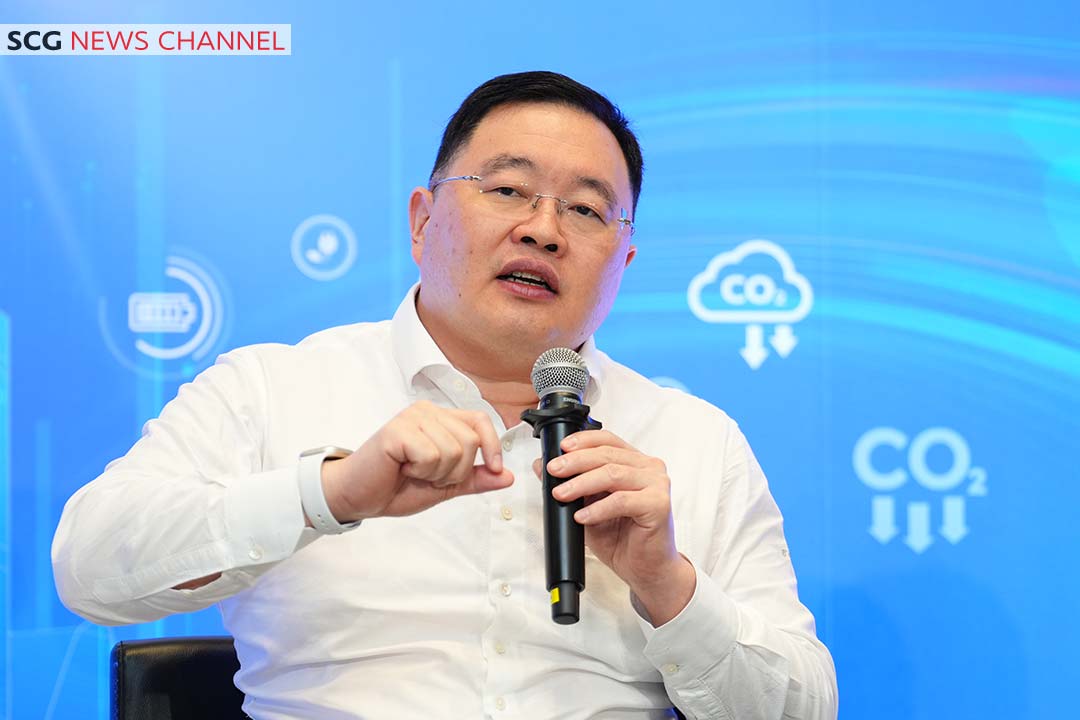
Kitipong Promwong, President of the Office of National Higher Education, Science, Research, and Innovation Policy Council (NXPO), commented, “We aim to develop ‘Saraburi Sandbox’ as a model city with low carbon emissions, laying the foundation towards becoming Thailand’s first Net Zero emission city. A significant challenge lies in the fact that Saraburi is a base for heavy industries, which come with significant environmental issues. If we can successfully transform it into a low-carbon or Net Zero city, it would require innovations and cross-sectoral collaboration. This initiative will then serve as a model and a lesson for other provinces to follow suit. For the industrial sector, we need to transition to green industries, invest in maximizing the use of clean energy, and promote the use and export of green products, such as low-carbon cement and Bio Energy Pallets. Meanwhile, the agricultural sector is shifting to sustainable farming practices, such as alternate wetting and drying techniques in rice farming, which reduce water consumption, costs, and greenhouse gas emissions. Efforts also encompass growing Napier grass while leftover paddies undergo transformation into alternative energy sources. This not only reduces the carbon footprint but also generates community income. Additionally, establishing 38 community forests across the province helps increase green spaces that absorb carbon and paves the way for eco-tourism, benefiting local communities.”
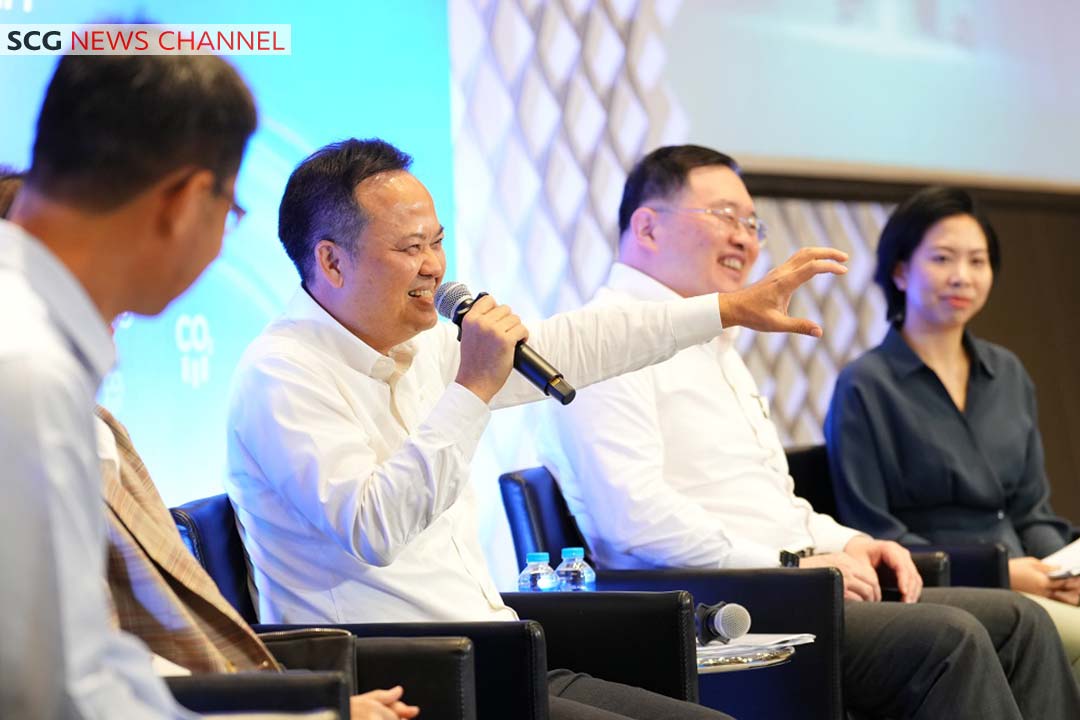
Panrat Phechpakdee, Senior Vice President of the Federation of Thai Industries, commented, “For the circular economy system to be as successful as it has been in countries like Sweden and Finland, it must be made a national agenda with widespread implementation. Three industries in Thailand have already taken the lead and achieved significant success: packaging, automotive, and construction. To replicate this success to other sectors, it’s essential to introduce laws, policies, and standardize waste separation and collection systems nationwide. Also, an ecosystem should be established to promote investment benefits and technological development related to the circular economy. This includes promoting the use of green products made from recycled or biological materials, enacting laws specifying clear quantities, and leading public agencies to prioritize the procurement of green products to encourage widespread acceptance.”
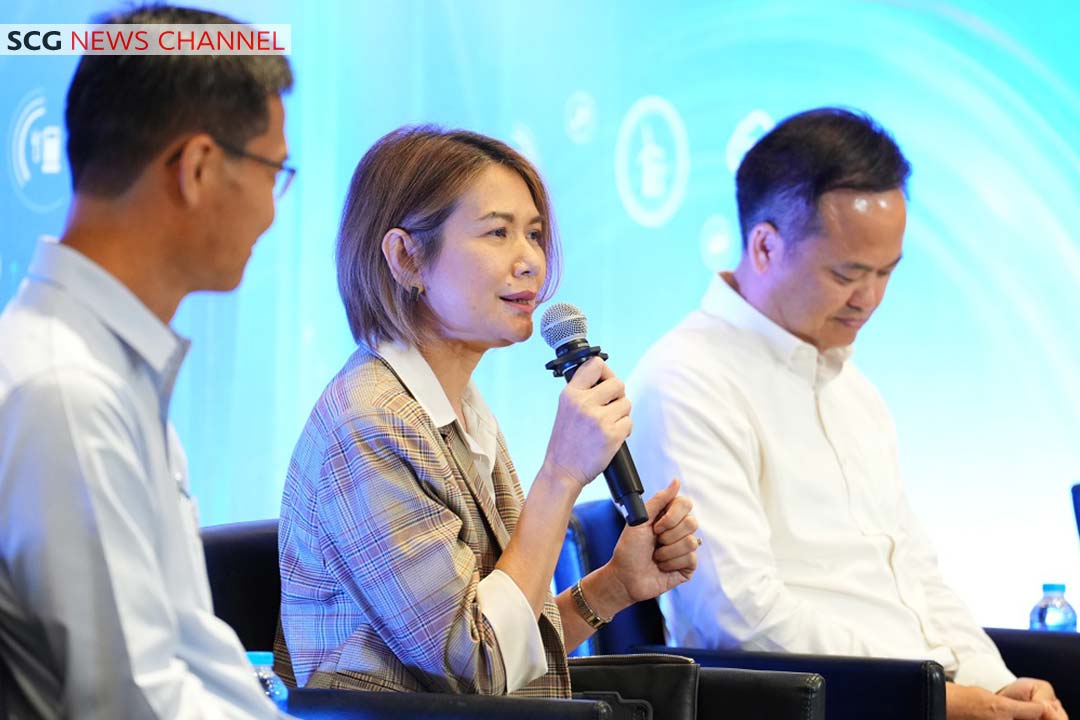
Charoenchai Chaliewkriengkrai, Chairman of the FTI Saraburi Provincial Chapter, stated, “70% of greenhouse gases in Thailand come from the energy sector. To achieve the “Net Zero goal, we must transition from high-carbon fossil fuels to clean energy. Collaborative efforts are crucial to unlocking limitations, elevating energy security and sustainability in the country, and supporting economic growth by liberalizing the trade of clean electric energy through grid modernization. The public and private sectors should collectively utilize the electricity grid for easier access and convenience. It’s important to stimulate investment in developing efficient and cost-effective battery storage technologies, promote production as a part of the New S-Curve, and utilize vacant spaces for various forms of energy storage, such as hydropower, thermal energy, mechanical energy, and chemical energy. Additionally, we should develop new alternative energies to be included in the national energy plan, such as plant-derived hydrogen energy, community waste, and industrial waste, and revise policies and incentives that encourage the use of clean energy. The goal is to increase the use of electricity from alternative energy sources from 13% to 50% by 2050.”
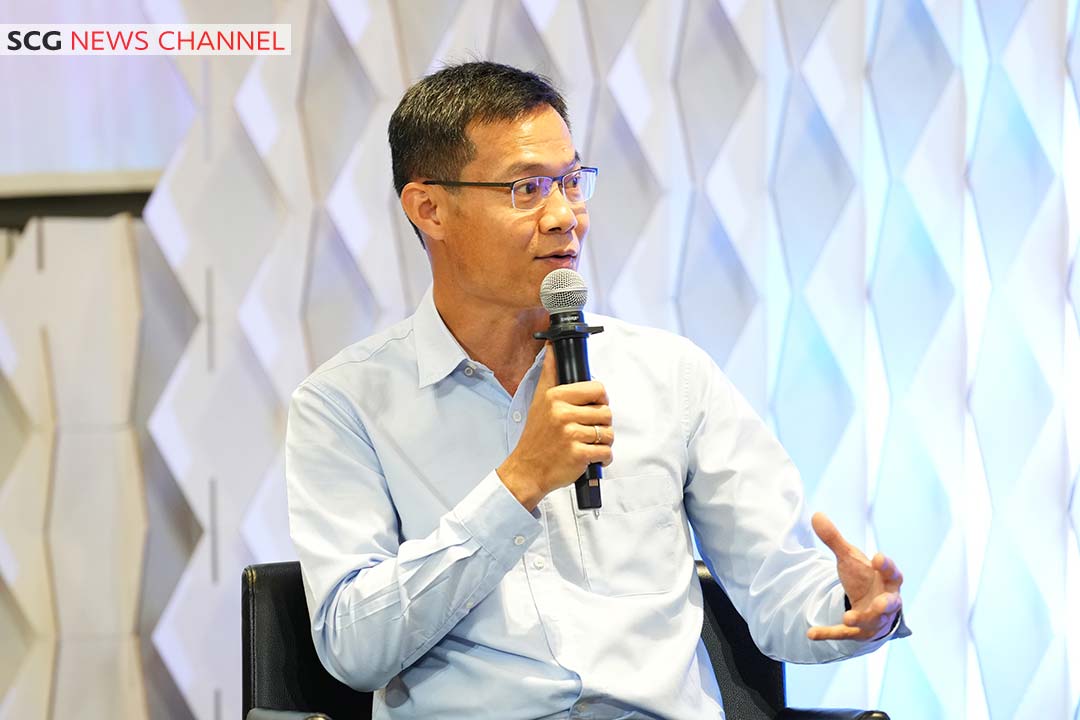
Jitsai Santaputra, a young environmental enthusiast and SDG7 Global Youth Ambassador for Southeast Asia, expressed, “For Thailand to smoothly transition to a low-carbon society, we must ensure that no one is left behind, especially vulnerable groups lacking resources and understanding of the adjustments required, such as SMEs, laborers, farmers, and communities. We should categorize those affected and provide appropriate support based on their needs. Collaborative efforts across all sectors are crucial to aid these vulnerable groups in raising their awareness, offering them access to low-carbon technologies and environmental funding sources domestically and internationally, which amount to approximately 52 trillion Baht. I would like to propose that Thailand target securing funding for projects transitioning to a low-carbon society at 350 billion Baht annually, such as the water management innovation fund for farmers to cope with changing climatic conditions and the forest rehabilitation and expansion fund, which can generate income from carbon credits. Additionally, we should focus on developing the skills and expertise of workers affected by this transition, enabling them to adapt promptly and become self-reliant.”
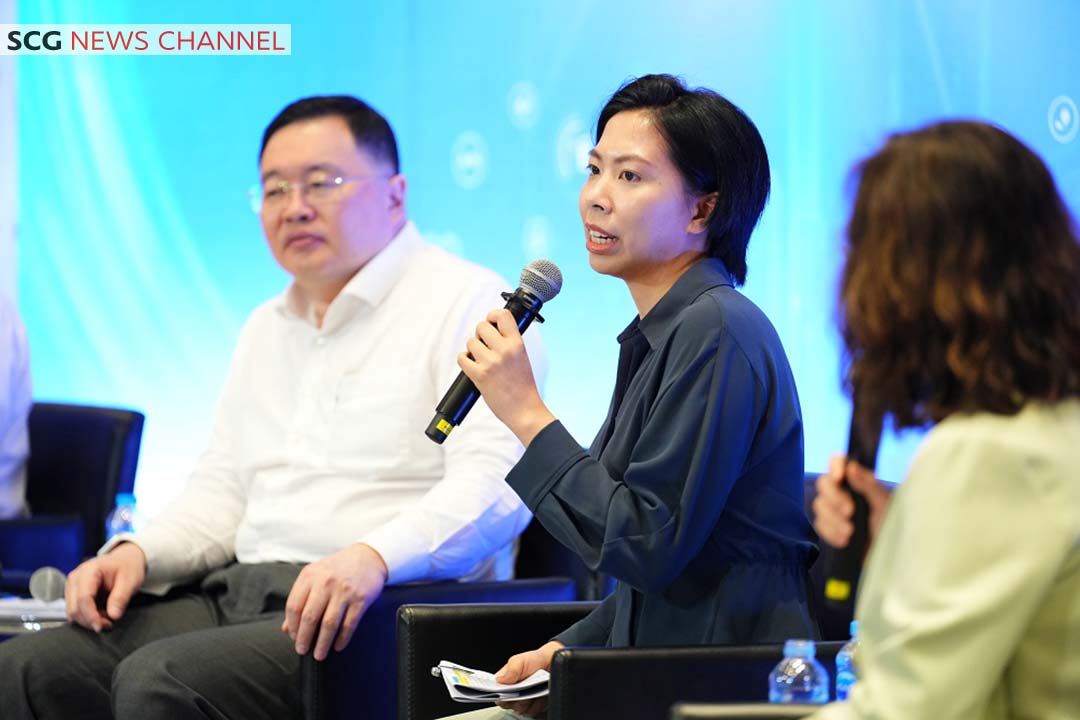
“These four proposals will be presented to the Prime Minister at the ESG Symposium 2023 on 5 October at the Queen Sirikit National Convention Center. I am confident that if every sector truly collaborates and integrates its efforts, not just focusing on individual or organizational goals but on the survival of our country and our planet, collectively, we can accelerate changes to address the global warming crisis without leaving anyone behind. The Thai economy will certainly thrive in a low-carbon direction,” concluded Thammasak.
The ESG Symposium 2023, marking its 11th year, themed “Accelerating Changes Towards Low Carbon Society,” is being held at the National Sirikit Convention Center. The symposium expects over 1,500 attendees spanning various sectors. The event features world-renowned speakers who will share diverse experiences and insights. Participants can explore exhibitions of collaborations and innovative technologies for a low-carbon society from leading organizations worldwide. Those interested can stream the event live on SCG’s Facebook and YouTube channels on 5 October from 12:00 to 17:15 hours.
For more information, please visit www.scg.com
 ดาวน์โหลดข่าว
ดาวน์โหลดข่าว